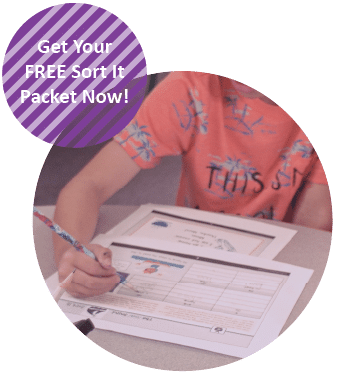
How can teachers honestly be expected to abandon years, if not decades, of training and programs that have guided them their entire careers in exchange for seemingly new practices claiming to be "research-based?"
Changing minds and hearts is tough stuff.
Our guest Margaret Goldberg knows that full well as she has demonstrated so eloquently in recent years through The Right to Read Project, her blog at Reading Rockets, and her influence shared by Emily Hanford's APM documentary, At a Loss for Words.
So we're honored to bring Margaret to you to share her talk, "Evidently, Evidence Isn't Enough." Here's your sneak peek....
The perceived refusal of teachers to adopt evidence-based practices can be bewildering to those who do not understand the social network of teachers. Teachers are characterized as “unprofessional” for not aligning practice with research, but history is rife with examples of resistance to scientific findings, and the offended indignation of teachers in response to being told about the science of reading should be no surprise.
Balanced literacy leaders have developed a tight-knit community centered around the belief that teachers are already experts. That narrative makes it challenging for us to face the decades’-worth of research that exposes and explains students’ struggles with reading.
Teachers who have shifted our practice in light of reading research often encounter difficulty when trying to encourage our colleagues to make those same changes.
How can researchers and advocates recenter the teaching community around new learning and practices to improve reading instruction for all children?
Simplifiers, this is an insightful, powerful message to encourage and guide us.
Who's in? ![]()
If you're like Margaret was--searching for a better, researched-based approach to the teaching of reading--we invite you to learn more about the Reading Simplified system.
One of the best ways to learn about how streamlined and efficient our system is is via our complimentary on-demand workshop, 3 Activities a Day to Keep Reading Difficulties Away. Sign up for this free workshop here.





All of our teachers, pre-K to grade 2 are so on board with SOR!!! Our problem is with our school board. They do not support us, so we have had to push and fundraise to implement in our school!
Bummer Nancy! But I’m impressed you and your colleagues are sticking with it. I do believe change will come but it’s no fun waiting for others to catch up!
I am Reading Recovery trained and spent 10 years working in RR. I was never taught about the Science of Reading. I was shocked when I read the research. Now I have become so interested in SOR and linguistic phonics, I can’t learn enough! I run an online book club for Irish teachers wishing to learn more about the science of reading. I am lobbying my school board to invest more in evidence-based literacy practises, many of which (like RS) are not available in Ireland but are now readily accessible online.
Aine, you are a stud! I love your mission. I hope we can help.
I am a teacher from Australia currently looking to improve practice on how to teach and deliver my phonics lessons to my students to help their reading. I’m really enjoying learning more about Reading Simplified and have been following Margaret’s work also.
I wondered if you had any experience in using or opinion of using Scarborough’s Reading Rope? I find it an invaluable tool because it shows how complex learning to read is. It’s so interesting when we show parents this tool, as I think they often focus on ‘levels’ of reading and why/why not their child isn’t at a certain level. When we explain all the complexities of reading and the tools and strategies children need to be taught, they understand on how best to support them.
Emma-Jo, thanks for the kind words. I haven’t used the rope model much with parents but I can see how it could certainly be useful. Thanks for that tip!